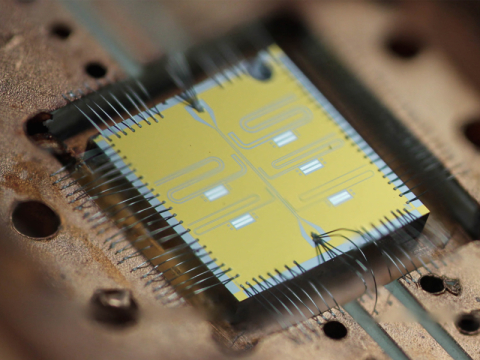
New Quantum Information Science Centers will be key to technologies harnessing quantum physics.

Fernández-Serra is improving our understanding of electrically induced chemical reactions in the condensed phase and at the liquid-metal interface.
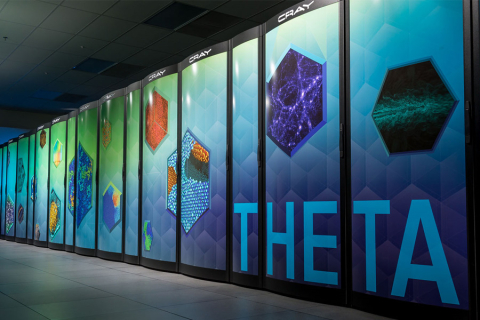
Scientists recognized by the 2019 DOE Office of Science Distinguished Scientists Fellows Award are pursuing answers to science’s biggest questions.
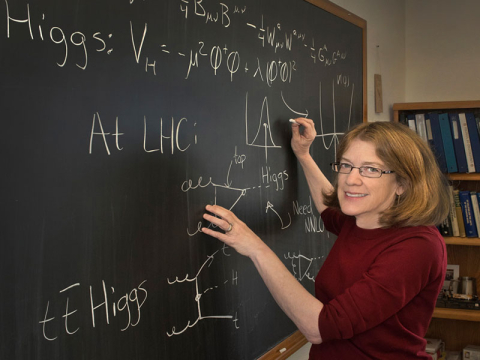
Scientists recognized by the 2019 DOE Office of Science Distinguished Scientists Fellows Award are pursuing answers to science’s biggest questions.

University of Notre Dame professor Daniel Bardayan studies the astrophysical reactions that power stellar explosions and make elements.
The Large Synoptic Survey Telescope will now be named the National Science Foundation Vera C. Rubin Observatory (Rubin Observatory or VRO).
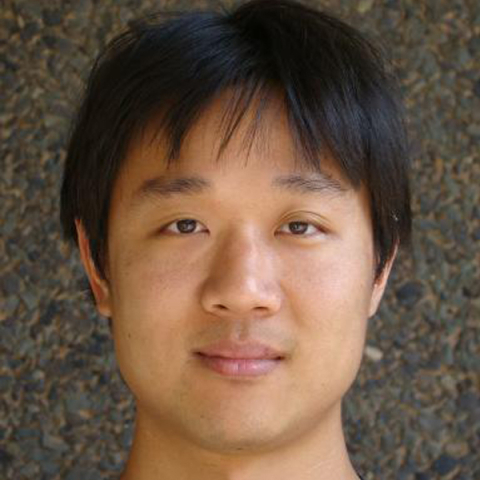
David Shih and his team have identified a number of new search strategies for supersymmetry which experimentalists are actively pursuing today.
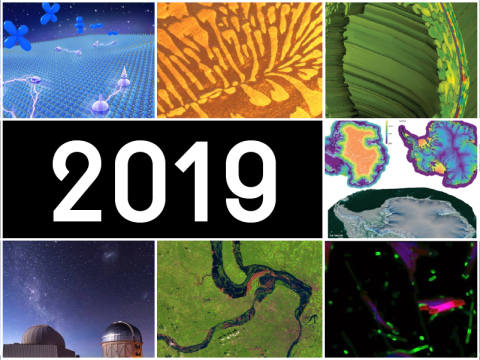
The most popular posts of the year shared by the Office of Science.
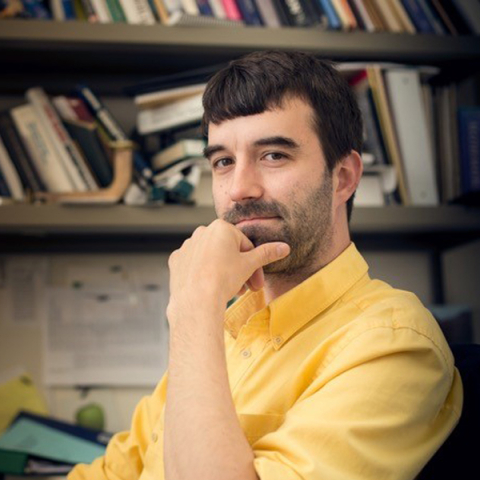
Measuring the mass of a neutrino is an international, collaborative effort to develop detection methods and apparatus.
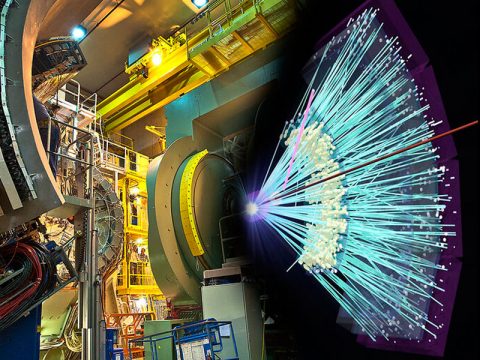
Scientists recognized by the 2019 DOE Office of Science Distinguished Scientists Fellows Award are pursuing answers to science’s biggest questions.

